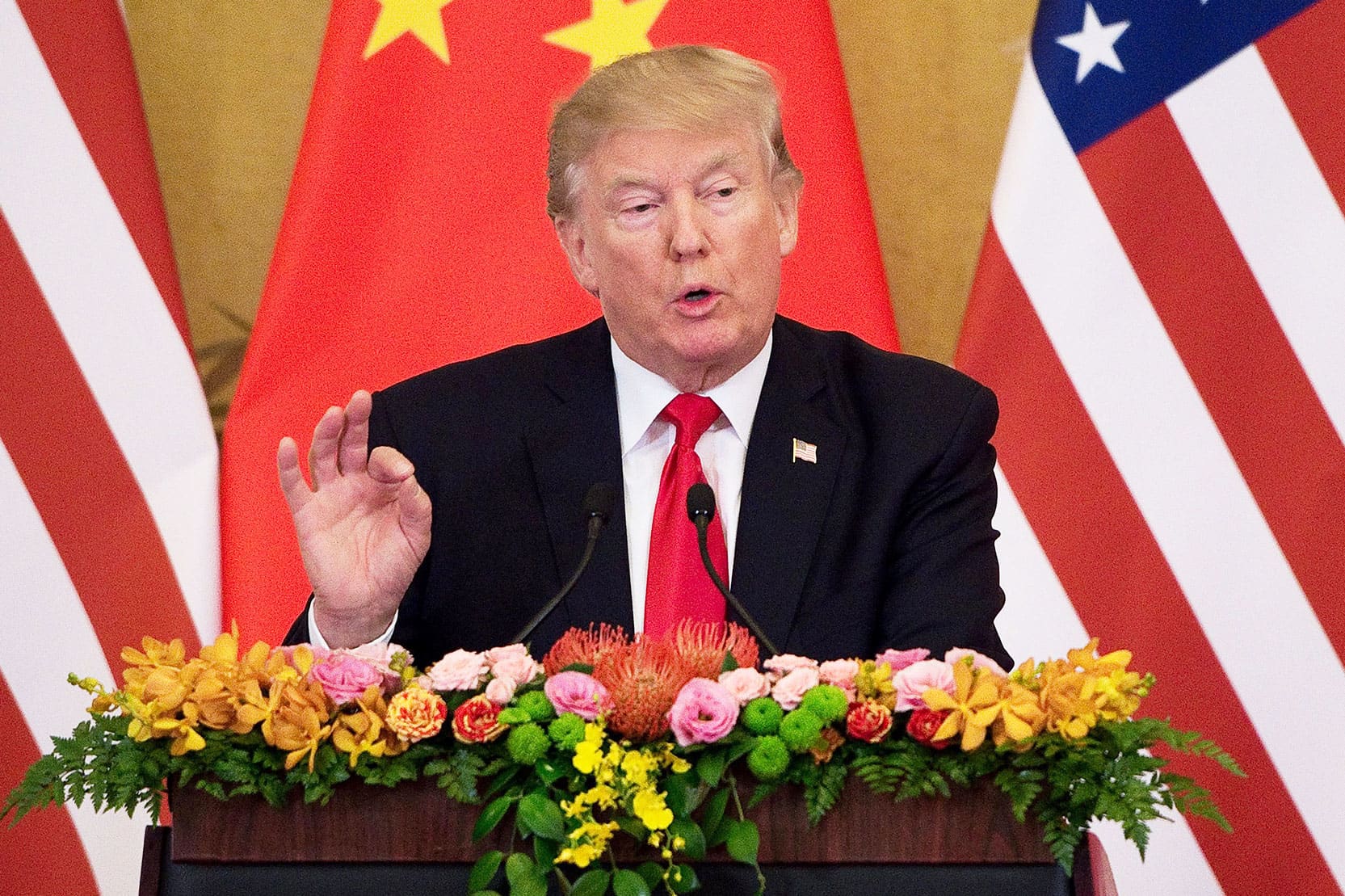HONG KONG — The head of Hong Kong’s legislature said that lawmakers must vote by the end of next week on a contentious bill that would allow extraditions to China, rejecting demands for a delay despite mass protests over the weekend opposing the legislation.
The decision, announced Tuesday by the president of the Legislative Council, Andrew Leung, was set to further inflame tensions in Hong Kong, a semiautonomous Chinese territory, after hundreds of thousands of people turned out on Sunday for one of the largest protests in the city’s recent history.
Residents were planning protests, strikes and a transportation slowdown for Wednesday, when lawmakers are set to debate the bill. The city’s police force said no violence would be tolerated at any public events, and The South China Morning Post, a local newspaper, reported that thousands of additional officers had been mobilized.
[Why are people protesting in Hong Kong? Catch up here.]
Mr. Leung said that the bill would go to a vote on June 20 after 66 hours of debate, adding “the case is pressing and has to be handled as soon as possible.” The measure is likely to pass in the local legislature, where pro-Beijing lawmakers hold 43 of 70 seats.
Opposition lawmakers had expected the vote to take place around the end of the month, based on a regular schedule of meetings twice a week. Mr. Leung’s decision to add more meetings in the coming days in order to bring the date of the vote forward quickly drew criticism.
Billy Li, a barrister and representative of the Progressive Lawyers Group, said he was angered by the decision to accelerate the vote after what he described as a record-breaking demonstration on Sunday.
“The Legislative Council, as a body that regulates the government, not only failed to respond to the dissenting voices of the people but rather accelerated the situation,” Mr. Li said. “It is not willing to allow the people to understand the case but is hastily forcing the public to accept it.”
The demonstrations on Wednesday were expected to be smaller than the march held on Sunday, in which up to a million people, or one-seventh of the territory’s population, paraded through the city in an overwhelmingly peaceful protest.
By Tuesday afternoon, various labor groups, businesses and student organizations across the city had announced plans to demonstrate their opposition to the extradition bill. Small businesses, including restaurants and bookstores, said they would close their doors; high school students and as many as 4,000 of their teachers planned a walkout; and a union for bus drivers urged members to drive well below the speed limit.
The Catholic Diocese of Hong Kong called the situation “extremely turbulent” and urged the government not to hurriedly pass the extradition bill “before adequately addressing the queries and worries of the legal sector and of the general public.”
An online petition called for 50,000 people to protest outside the Legislative Council on Wednesday, as the legislature prepared for its second debate on the proposed law. On Tuesday, the council said it would restrict access to a nearby area that is typically reserved for demonstrations.
Hong Kong’s chief executive, Carrie Lam, said on Monday that she had no intention of withdrawing the extradition bill despite the public outrage.
“We were doing it, and we are still doing it, out of our clear conscience, and our commitment to Hong Kong,” Ms. Lam told reporters.
The bill that has led to the protests would allow Hong Kong to detain and transfer people wanted in countries and territories with which it has no formal extradition agreements, including Taiwan and the Chinese mainland.
Ms. Lam has said the new law is urgently needed to prosecute a Hong Kong man who is wanted in Taiwan for the murder of his girlfriend. But the authorities in Taiwan, a self-governed island claimed by Beijing, say they would not agree to the extradition arrangement because it would treat Taiwan as part of China.
Critics contend that the law would allow virtually anyone in the city to be picked up and detained in mainland China, where judges must follow the orders of the ruling Communist Party. They fear the new law would target not just criminal suspects but political activists as well.
Willy Lam, an expert on Chinese politics at the Chinese University of Hong Kong, said the decision to accelerate the vote was probably made in the hope that it would bring a quick resolution and prevent public anger from building further.
“The government has good reason to hurry through the legislation in as short a time as possible,” Mr. Lam said. Otherwise, it could face larger groups of residents united by their opposition to the bill, “by which time things might get out of control.”
But the Hong Kong government’s refusal to back down on the legislation or delay deliberations will hurt its credibility in the long term, Mr. Lam said. “It will demonstrate that the administration is out of tune with public opinion.”
Katherine Li contributed reporting.
Follow Tiffany May on Twitter: @nytmay.
https://www.nytimes.com/2019/06/11/world/asia/hong-kong-protests-extradition.html
2019-06-11 10:56:15Z
52780310542261







